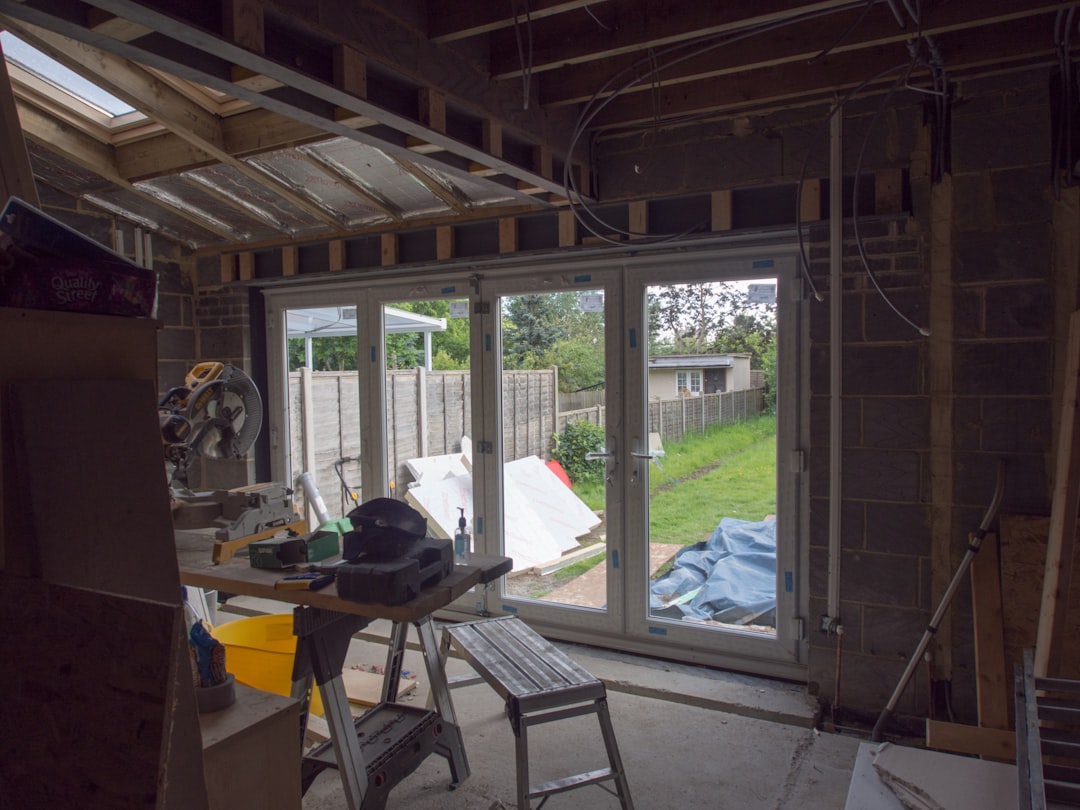
Installing an interior door is a task that demands precision and expertise. A well-installed door enhances functionality and aesthetics, while a poorly hung door can lead to issues like squeaking and energy inefficiency. For construction professionals, understanding the nuances of door installation is crucial. The average cost to hang a pre-hung interior door ranges from $100–$200 for labor, with material packages costing $50–$500. This guide provides a comprehensive approach to door installation, ensuring quality and efficiency.
Before starting, ensure accurate estimates using tools like CountBricks. This includes real-time pricing for materials and labor, ensuring budget accuracy.
Measure the opening to ensure it is 2 inches wider and 1 inch taller than the door unit.
Ensure the pre-hung unit fits with adequate clearance. Adjust with shims if necessary.
Use a level to ensure the hinge jamb is plumb, securing with screws.
Adjust shims to ensure a consistent reveal.
Shim and secure the latch side, ensuring smooth operation.
Fill gaps with insulation and install casing with finish nails.
Replace temporary screws and ensure all components are secure.
CountBricks streamlines estimating and project management, offering real-time material pricing and labor calculations. This ensures accurate budgeting and efficient execution.
If encountering complex issues like rotten framing, professional assistance may be required. CountBricks offers expert services to address such challenges efficiently.
Utilize CountBricks for seamless project management, from installation to invoicing, enhancing efficiency and profitability.

A Los Angeles builder used CountBricks to install 24 solid-core doors in a remodel, significantly reducing time and costs. The digital takeoff process and voice-generated estimates streamlined the project, resulting in zero punch-list items and 11% cost savings.
CountBricks' AI quickly processed floor plans, generating accurate material lists without manual input.
Real-time estimates were generated on-site, allowing for quick approval and execution.
CountBricks enhances project efficiency, allowing professionals to focus on delivering quality results.